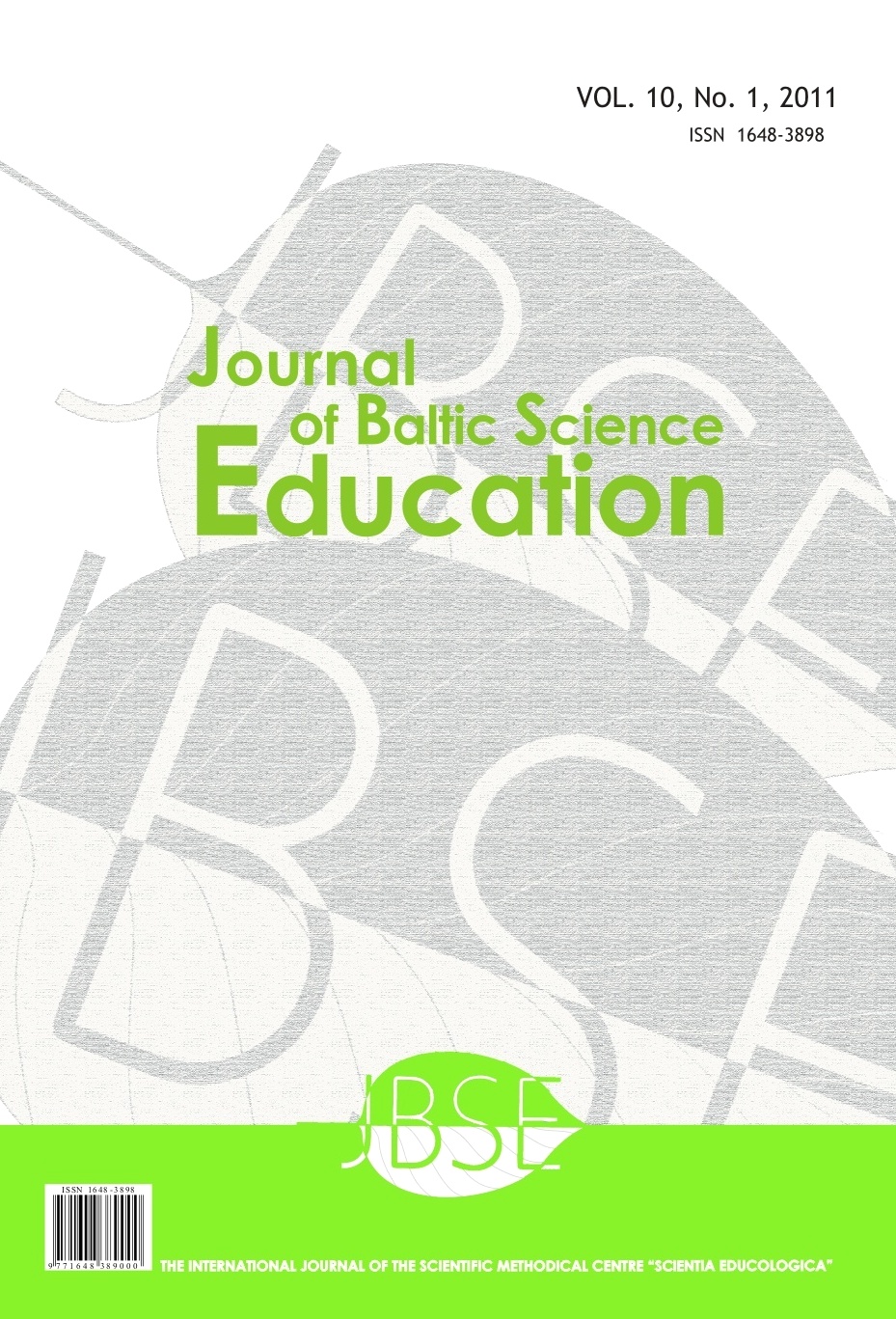DIFFERENT WAYS OF DESCRIBING EXPECTED STUDENT LEARNING OUTCOMES IN SCIENCE
DIFFERENT WAYS OF DESCRIBING EXPECTED STUDENT LEARNING OUTCOMES IN SCIENCE
Author(s): Jari LavonenSubject(s): Social Sciences, Education
Published by: Scientia Socialis, UAB
Keywords: science education; compulsory school; science subject;
Summary/Abstract: The best way of describing what and how a teacher should teach science or what a student should learn in a national level curriculum is not self-evident. Descriptions of “learning outcomes” are increasingly used and have been considered as an important basis for the quality of science education. However, there are variations in the descriptions and also whether they are written as a form of teacher behaviour or as a form of student learning. For example, in the UK the descriptions in the beginning of 1990 in the National Curriculum were written in the form of what students should learn. But the policy has changed and the new curriculum will describe what topics a teacher should introduce to students.
Journal: Journal of Baltic Science Education
- Issue Year: 10/2011
- Issue No: 1
- Page Range: 4-5
- Page Count: 2
- Language: English

